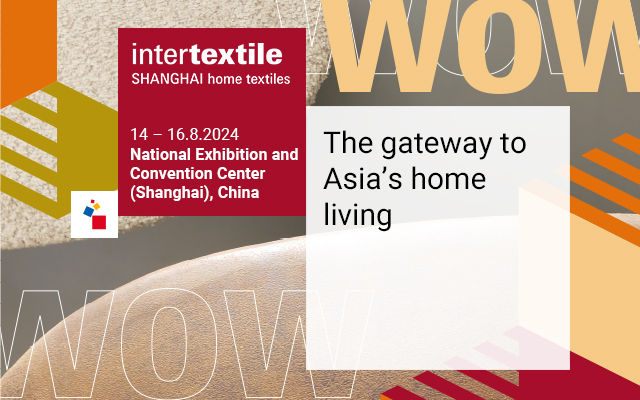China is fast losing its charm in textile manufacturing and for the obvious reasons. As production and labour costs continue to rise in China, U.S. and European manufacturers in particular are working on identifying new suppliers in "low cost" Africa. For them, African suppliers are emerging as an addition to Asian suppliers till the time they become an alternative.
H&M, together with Tesco and Primark, have begun sourcing clothes from Ethiopia, an African country without minimum industrial wages where unskilled garment workers receive $35 to $40 a month, clearly undercutting labour costs in Bangladesh. Foreign textile investors are highly welcomed and benefit from an abundance of cheap labour – with urban unemployment rates close to 20%, cheap energy and locally produced cotton. In neighbouring Kenya, the textile industry is also expanding. Monthly salaries are at around $120, but the government is trying to lure manufacturers with generous incentives.
As of today, the top 10 countries in Sub Saharan Africa account for only 0.55% of global exports, the leaders being Mauritius, South Africa, Lesotho, and Madagascar.
But experts say that East African countries could have the potential to become a serious alternative to East Asia in terms of textile manufacturing. Apart from lower labour costs, it is quicker and cheaper to ship textile products from Africa to the main markets in Europe and the US, rather than from more distant countries in the Far East. African countries also have duty-free access to the US textile market under a special trade agreement signed in 2000. And by utilizing and expanding native cotton production, producers could avoid expensive import by using local materials and aggregate the economic value of the industry in the respective countries. For East Asian nations, the transition now lies in a shift to a more value-add-focused industry.
The outcome as it should be is the fact that many Chinese manufacturers have started shifting their manufacturing operations to Africa; a few Indians have also started their operations. The Chinese have maintained a foothold in Africa since the time of Mao Zedong; they built up the infrastructure in many areas of the continent and along the way gained first-hand exposure to local sourcing and market conditions, which has stood them in good stead.
The "Made in Ethiopia" label makes it easier for these Chinese companies to sell their goods in U.S. and Europe. In addition to the fact that African production allows users to access the favourable duty rates for exporters in Africa.
Another concern that has come up recently, while sourcing, is safety. The death of more than 1,100 workers in the 2013 collapse of a garment factory in Bangladesh has forced global buyers to re-evaluate their sourcing. On-time deliveries and cheap pricing is expected but not at the cost of safety. All of this has led buyers to hunt for new sourcing destinations like Africa.
As depicted in the "flying geese" pattern, different countries over the years-from Japan to the East Asian Tigers, to China and the Association of Southeast Asian Nations (ASEAN) countries-have tried to catch up with advanced economies by first taking over labour-intensive sectors, such as textile and apparel manufacturing, and then climbing up the value chain to more sophisticated industries.
Under the "flying geese" model, economists expect that textile manufacturing may greatly contribute to Africa's industrialization process. Asian companies' roles in this process are particularly intriguing, since they are currently the major players in the world's textile market and an important customer in the cotton market. Their interaction with enterprises in Africa's cotton and textile sectors may have profound consequences for the continent's industrialization and development.
Need a detailed study on any of these African Countries? Contact us with your requirement.









Comments